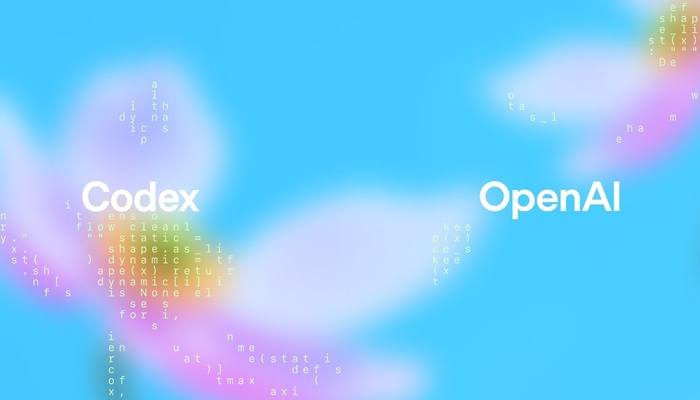
Unlike an unexpected debut of an artificial intelligence (AI) tool, something we nearly encounter every other day nowadays, or its integration into some random tech, OpenAI, the developer behind ChatGPT, has rolled out its most powerful coding AI assistant, Codex.
OpenAI's Codex launch has once again brought the company into the limelight while aiming to revolutionise the realm of software engineering.
The research preview of Codex has been made accessible to subscribers of ChatGPT Pro, Team, and Enterprise, whereas access to Plus and Edu subscribers is on the cards for the near future, The Express Tribune reported.
Codex is powered by Codex-1, an enhanced version of OpenAI’s o3 reasoning model, and is designed to autonomously handle complex software development tasks.
The most standout property of Codex is that it operates as a cloud-based agent which is capable of executing tasks over extended periods, from one to 30 minutes, based on complexity.
As claimed by the ChatGPT maker, Codex produces cleaner code, better follows instructions, and can test and debug until it succeeds.
A variety of tasks, including writing new features, resolving bugs, answering code-specific queries, and generating pull requests, can be managed with minimal user input.
Codex users can assign it tasks from ChatGPT’s interface by tapping the “Code” option or click “Ask” to enquire about specific files.
OpenAI’s Agents Research Lead Josh Tobin described Codex as a notable feat towards developing AI that can independently manage hours or days of engineering work.
















